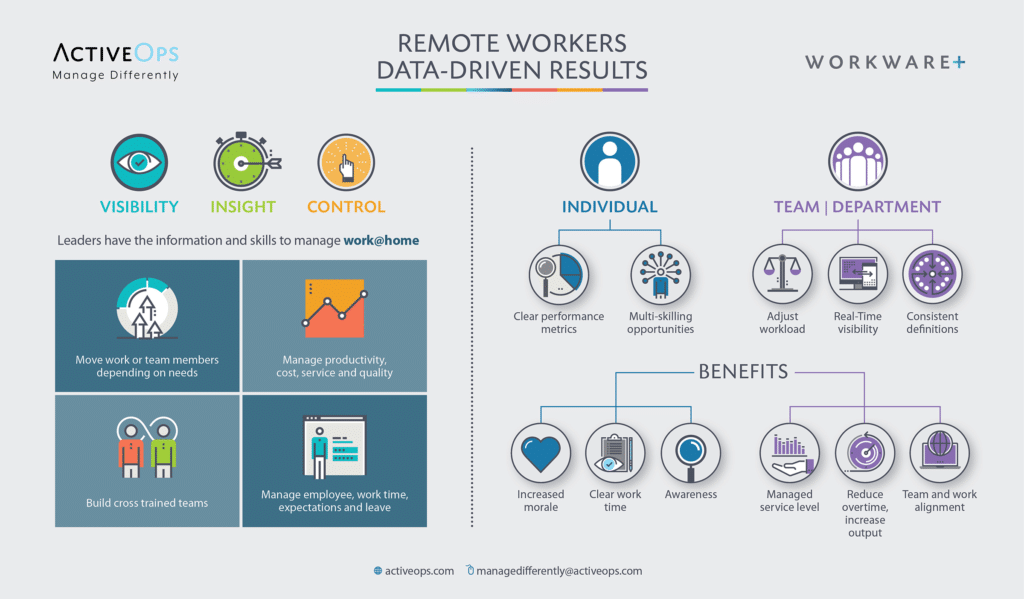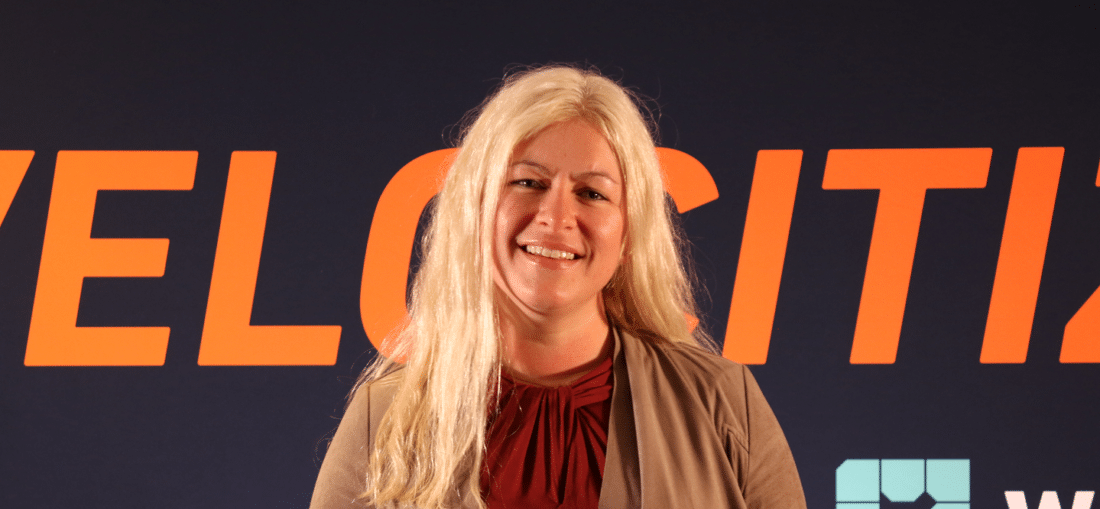We developed an aversion to paying for something that we thought we could do ourselves, that we could figure out ourselves. Especially for creatives who are designers at heart.
Caron Cooper is the CEO and Founder of CannaSiteCo., a website design and digital marketing agency for the cannabis industry. CannaSiteCo. thrives on working with entrepreneurs and large businesses alike, building modern websites quickly but without cutting corners or outsourcing.
Cooper is a startup and small biz warrior. She started her first web design company in 2005 and has since guided various parts of operations for 11 startups.
In this episode of Velocitize Talks, Cooper discusses how companies in the cannabis marketplace can use branding and purpose to rise above the competition.
The Highly Competitive Cannabis Marketplace (2:21)
It’s a maturing market and we don’t have vertical integration. To compete, you have to have good branding.

In the newly created cannabis marketplace, many are jockeying to stand out as a credible product and trustworthy business. The cannabis industry has expanded in the past five years, for instance, from five states with fully legalized programs to 11 states.
Clearly the cannabis business has become a hypercompetitive marketplace. As Cooper points out, branding is very important, “particularly in recreational markets where you’re competing for shelf space.”
As a result, differentiated and memorable branding has become even more essential. Brands also need to connect with consumers walking into a dispensary and purchasing a cannabis product.
Alone, Together (3:42)
I have been a champion of remote workforces for a long time. We need to let people work where they want to work, where they can be comfortable and productive. Who really likes commuting?

Even before the arrival of Covid-19, there were already 7 million people in the U.S. working remotely. In fact, TIME magazine calls 2020 the “world’s largest work-from-home experiment.”
A remote workforce can bring employees together in order to offer clients personalization and exceptional customer service. The ability for people to learn from online courses, technology, and other virtual information, for instance, has been a game changer. It has enabled anyone who wants to be a web producer, a marketer, or a photographer to do so.
Ninety percent of employees say that flexibility in their work arrangements contributes to their morale.
On Purpose (5:26)
Purpose-driven brands have the ability to engage with their customers. They create greater brand loyalty and give their customers something to feel good about when they’re spending their money.

For small businesses, like those in the cannabis marketplace, purpose-driven marketing is essential, according to Cooper. For example, CannaSiteCo. has worked with three farms in Washington state, including CannaSol Farms, that are growing their crops without pesticides.
These farms are using the sun and natural aquifers to create clean, organic products. Moreover, this means they can avoid adding stress to power grids and depleting strained natural resources. Cooper considers this a very compelling story because it sets apart these growers and attracts customers seeking out environmentally friendly growers.
Speaking their Language (6:34)
With our website, we are trying to convey that we love what we do. We can speak our client’s language. Here’s proof that we mean business.

Businesses that have a stake in the cannabis marketplace include growers, processors, and retailers. According to Cooper, they have had to jump through a lot of expensive hoops in order to open their doors. And many young and scrappy startups do not have a sizeable marketing budget, if one at all. As a result, there is little room in their budget for a website and/or creative.
“If they don’t have a website, and no one has heard of them, they have no credibility,” Cooper says. Building credibility is important for businesses of all sizes. Businesses can leverage digital marketing as well as consistent, trustworthy communication, and superior product development and offerings.
Influencing the Cannabis Marketplace (7:32)
I don’t think influencers are going anywhere.

The ever-changing world of marketing has created a variety of digital mediums and platforms for brands to share their information. This can include video, interactive marketing, experiential marketing, and influencer marketing. Cooper predicts all of these are just as important for B2Bs as for B2Cs.
According to the 2019 Influencer Marketing Survey, 80% of marketers find influencer marketing effective. Nearly two-thirds have upped their marketing budgets to include it. Target audiences are spending more time on social channels and apps. In fact, 89% of marketers find influencer marketing ROI is as good, or better, than other marketing channels.
Influencer marketing is effective because it helps brands reach their target market and achieve campaign goals. Factoring it into any marketing strategy is an important part of a brand’s marketing plans.
For more information on CannaSiteCo., check out their website. Follow them on LinkedIn, Facebook, Instagram and Twitter at @CannaSiteCo. To stay up to date with Cooper, follow her on LinkedIn.
This interview was originally recorded in 2019 in Seattle and has been updated accordingly.





Join the conversation